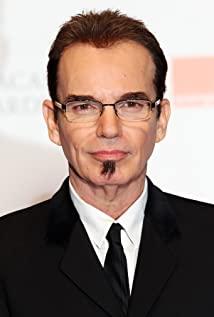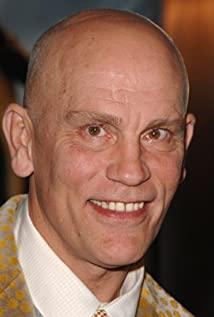The police are always saying that the skynet is restored and not leaking.
If you commit a crime, you must be punished, because the law is just a cold shackle?
I really want to have only one, but it doesn't have to be made public.
Skynet is sparse and not leaking, but it can be released again.
Whether the law is merciful or ruthless, the key lies in the enforcer.
Officer Vogel directed Georgie who was lying in the morgue, fired two shots in the chest with a silencer pistol, released Dwayne, and told him that the post office bounty would be called to him later.
Dwayne planned the entire murder scam, much like a childish and crazy dream of a young boy. Officer Vogel chose to let this dream continue, believing it was better than sending him directly to prison.
Dwayne left the steep slope with Kassandra and started a new life with gratitude.
The essence of law is that everyone is equal.
Officer Vogel broke this rule by giving Dwayne's extrajudicial gratitude.
The interests of the post office system are damaged, must Dwayne, the planner, use the disaster of prison to atone for his crimes?
If the original intention of the punishment is to recognize the mistake and correct it for this purpose, the extrajudicial favor of Dwayne is not necessarily wrong or wrong. However, since there are those who have taken the rights, there must be a party whose rights have been violated. If no punishment is imposed under the legal framework, it will appear extremely unfair and responsible to the victims.
Sometimes, like Dwayne in the play, I hope the law can be emotional.
But without the cornerstone of justice, the legal edifice is too easily broken and has no binding force.
Although the film's narrative structure is too straightforward, the horror is gone, and only the plot is left. But the choice of Officer Vogel at the end gave me a reminder: If you can control the law, and the advantages outweigh the disadvantages, you might as well let the building collapse.
View more about Cut Bank reviews











